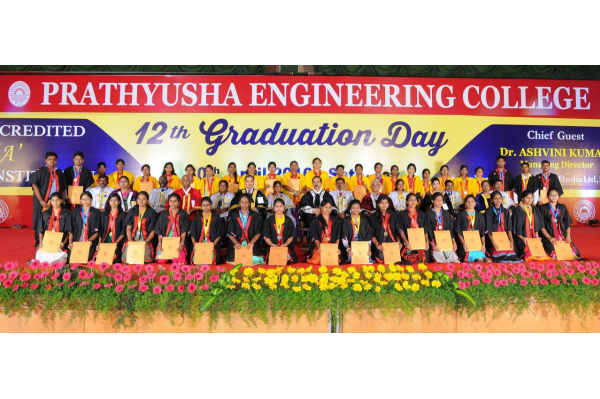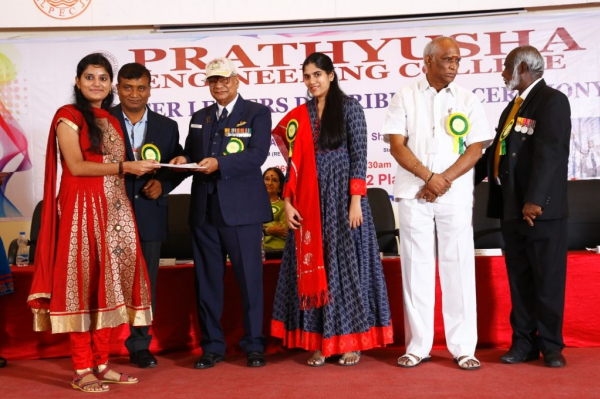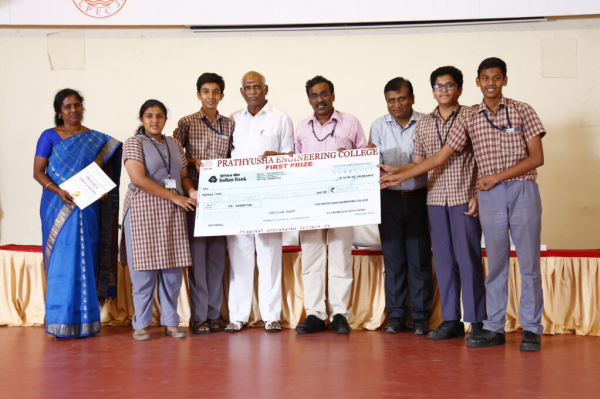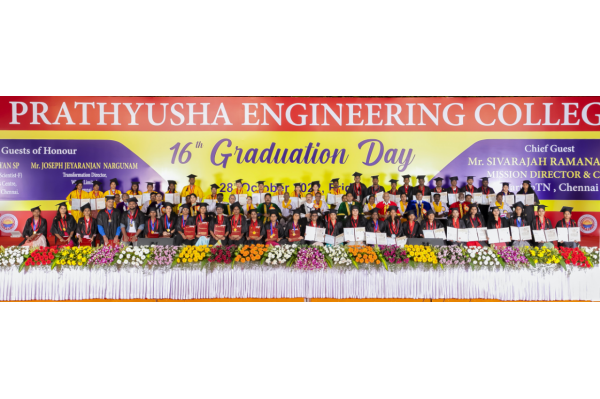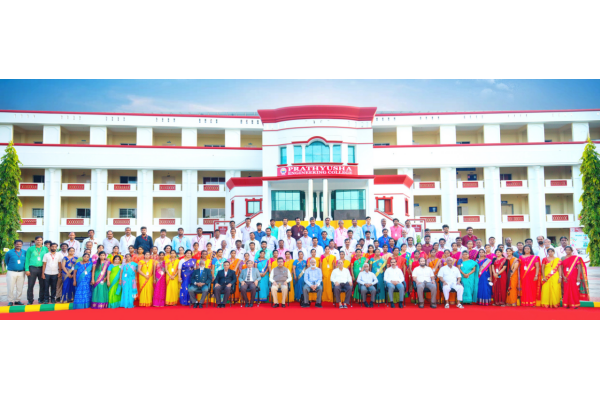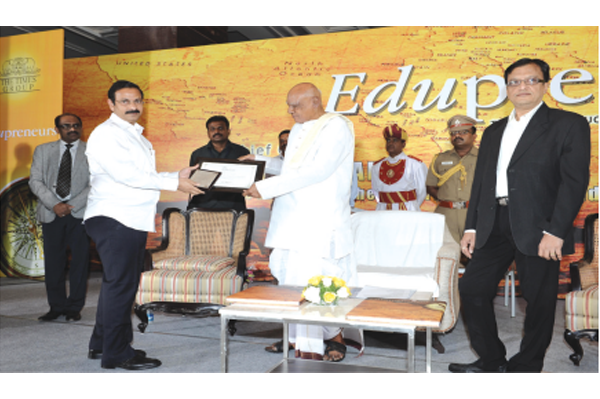PO, PEO, PSO
Programme Outcomes (POs)-2013
- The graduates are expected to have ability to apply knowledge of mathematics, science, modern biology, engineering and biotechnology.
- The graduates are expected to possess ability to identify, formulate and solve bio-engineering problems.
- The graduates are expected to have ability to design a system, a component, or a process to meet desired needs within realistic constraints such as economic, environmental, social, ethical, health and safety, manufacturability and sustainability.
- The graduates are expected to have the ability to design and conduct experiments as well as to analyze and interpret data to develop modern drug.
- The graduates are expected to have the ability to select and apply appropriate techniques, resources and modern biotechnology tools
- The graduates are expected to have the ability in apply reasons informed by contextual knowledge to assess societal, health, safety, legal and cultural issues and the consequent responsibilities relevant to professional engineering practice.
- The graduates are expected to have the ability to understand the impact of professional engineering solutions in societal and environmental contexts.
- The graduates are expected to have understanding of professional and ethical responsibility.
- The graduates are expected to possess ability to function in multi-disciplinary teams.
- The graduates are expected to communicate effectively.
- The graduates are expected to engage themselves in life-long learning.
- The graduates are expected to understand engineering and management principles and apply those to one’s own work, as a member and leader in a team.
Programme Outcomes (POs)-2017 & 2021
- Engineering knowledge: Apply the knowledge of mathematics, science, engineering
fundamentals, and an engineering specialization to the solution of complex engineering problems. - Problem analysis: Identify, formulate, review research literature, and analyze complex
engineering problems reaching substantiated conclusions using first principles of mathematics, natural sciences, and engineering sciences. - Design/development of solutions: Design solutions for complex engineering problems and design system components or processes that meet the specified needs with appropriate consideration for the public health and safety, and the cultural, societal, and environmental considerations.
- Conduct investigations of complex problems: Use research-based knowledge
and research methods including design of experiments, analysis and interpretation of data, and synthesis of the information to provide valid conclusions. - Modern tool usage: Create, select, and apply appropriate techniques, resources,
and modern engineering and IT tools including prediction and modeling to complex engineering activities with an understanding of the limitations. - The engineer and society: Apply reasoning informed by the contextual knowledge to assess societal, health, safety, legal and cultural issues and the consequent responsibilities relevant to the professional engineering practice.
- Environment and sustainability: Understand the impact of the professional engineering
solutions in societal and environmental contexts, and demonstrate the knowledge of, and need for sustainable development. - Ethics: Apply ethical principles and commit to professional ethics and responsibilities and norms of the engineering practice.
- Individual and team work: Function effectively as an individual, and as a member or leader in diverse teams, and in multidisciplinary settings.
- Communication: Communicate effectively on complex engineering activities with the engineering community and with society at large, such as, being able to comprehend and write effective reports and design documentation, make effective presentations, and give and receive clear instructions.
- Project management and finance: Demonstrate knowledge and understanding of the engineering and management principles and apply these to one’s own work, as a member and leader in a team, to manage projects and in multidisciplinary environments.
- Life-long learning: Recognize the need for, and have the preparation and ability to engage in independent and life-long learning in the broadest context of technological change.
Programme Educational Objectives (PEOs)
PEO-1: Our graduates will have the ability to excel in the broader area of Biotechnology
PEO-2: Our graduates will exhibit both theoretical and technical skill in the field of Biotechnology
PEO-3: Our graduates will have ability to apply the technical skills to make products of value which ensures the welfare of human kind.
PEO-4: Our graduates will develop ability to design the system, a component or a process to meet desired needs within realistic constraints such as economic, environmental, social, legal, ethical, regulatory, health and safety, manufacturability and sustainability.
Programme Specific Objectives (PSOs)
The program specific objective of the four year Bachelor of Technology degree program in biotechnology targets the students to learn and to get training in the domains if their interest in biotechnology to come out as successful person in their career. The central dogma of PSO includes “INVENTION, INNOVATION AND ENTREPRENEURSHIP”
PSO1: The prime PSO is to endow the students to have a deeper insights in the Fundamentals of Biotechnology topics and to acquaint them with various upcoming and challenging areas relevant to biotech industry and research and development sectors.
PSO2: The intensive training to be imparted in the promising areas like r-DNA technology, in-silico technology, industrial biotechnology, Food and health care technology, biochemical and gene manipulation technology, Bioprocess technology and immune-therapeutic technology through practicals, mini and major projects, industrial training will help the students to conceive an idea for their successful career after course completion.
PSO3: The programme is further specific enable the student to become biotech innovators, technocrats, entrepreneurs or researchers one or more field of the choice and how to scale up their innovative intellectual property/skill to get a final product/lifelong achievement.
PSO3: The eye opening lectures and practical will help the motivated students to pursue higher education in the biotech branch of the choice in India or abroad in reputed institutions.









